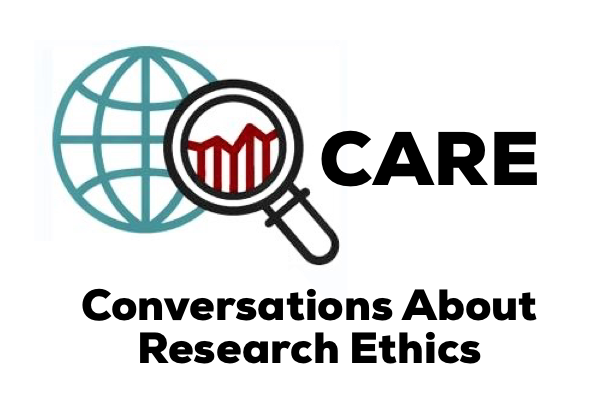
Building Ethical Relationships Within Research Teams and Labs
This panel brings together researchers working on the following:
How do we create a research environment that is both conducive to scholarship as well as equitable in educational opportunities and career advancement for all members of the team? This panel will explore how to detect and address the potential vulnerabilities that certain members of the research team may experience - such as those that arise through student or immigration status, membership in a group that has been historically excluded from academia, or becoming a new parent.
Panelists
Dr. Elisabeth Hildt (Professor of Philosophy and Director of the Center for the Study of Ethics in the Professions, Illinois Institute of Technology)

Elisabeth Hildt is interested in philosophical and ethical aspects of science and technology. Her research focuses on bioethics, ethics & technology, neurophilosophy, neuroethics, and ethical aspects of Artificial Intelligence.
After having completed her studies in biochemistry, she became a fellow of the post-graduate program Ethics in the Sciences and Humanities at the University of Tübingen, where she did her doctorate writing a thesis on personal identity issues in neural grafting. Afterwards, she was the scientific coordinator of the interdisciplinary project European Network for Biomedical Ethics. After several years of post-doctoral experience at the University of Munich she was an assistant professor at the Chair for Ethics in the Life Sciences at the University of Tübingen. From 2008 to summer 2014, Elisabeth Hildt was the head of the Research Group on Neuroethics/Neurophilosophy at the Department of Philosophy at the University of Mainz.
Dr. Tamar Gur (Assistant Professor of Psychiatry, Assistant Professor of Neuroscience, Assistant Professor of Obstetrics and Gynecology, Institute of Behavioral Medicine Research, OSU College of Medicine)

Dr. Gur's laboratory seeks to understand the contribution of maternal mental illness to the development in psychiatric outcomes in the offspring. They use an interdisciplinary approach to address the mechanisms of transgenerational transmission of psychiatric illness, including molecular, biochemical, epigenetic and behavioral methods.
Dr. Zakee Sabree (Associate Professor, Department of Evolution, Ecology, and Organismal Biology, OSU)

Whether free-living in extremely diverse communities in the ocean or residing solitarily in highly specialized tissues of a host organism, microbes exert an immense impact on the way nutrients are acquired, sequestered, recycled and distributed in natural systems. Generally, our group is interested in the functional and trophic relationships that forge intimate host-microbe interactions and shape bacterial communities, and the evolutionary outcomes of these symbioses. Two main questions guide our current research: 1) how microbes are employed by their hosts to obtain essential nutrients and facilitate trophic niche expansion; and 2) what are the structural and functional impacts of ancient and obligate associations with eukaryotes on the genomes, genes and gene products of their bacterial partners. Insects, specifically cockroaches and termites, are the focus of my research because they are ubiquitous, participate significantly in biomass turnover and maintain, often simultaneously, various types of symbioses with microbes. We employ legacy microbiological tools as well as current and emergent molecular and genomics techniques to address several specific aspects of these questions.
About CARE
CARE events promote multidisciplinary and exploratory discussion of cutting-edge issues in the field of research ethics. In doing so, CARE aims to advance Ohio State’s shared values and build a community around the topic of research integrity.


